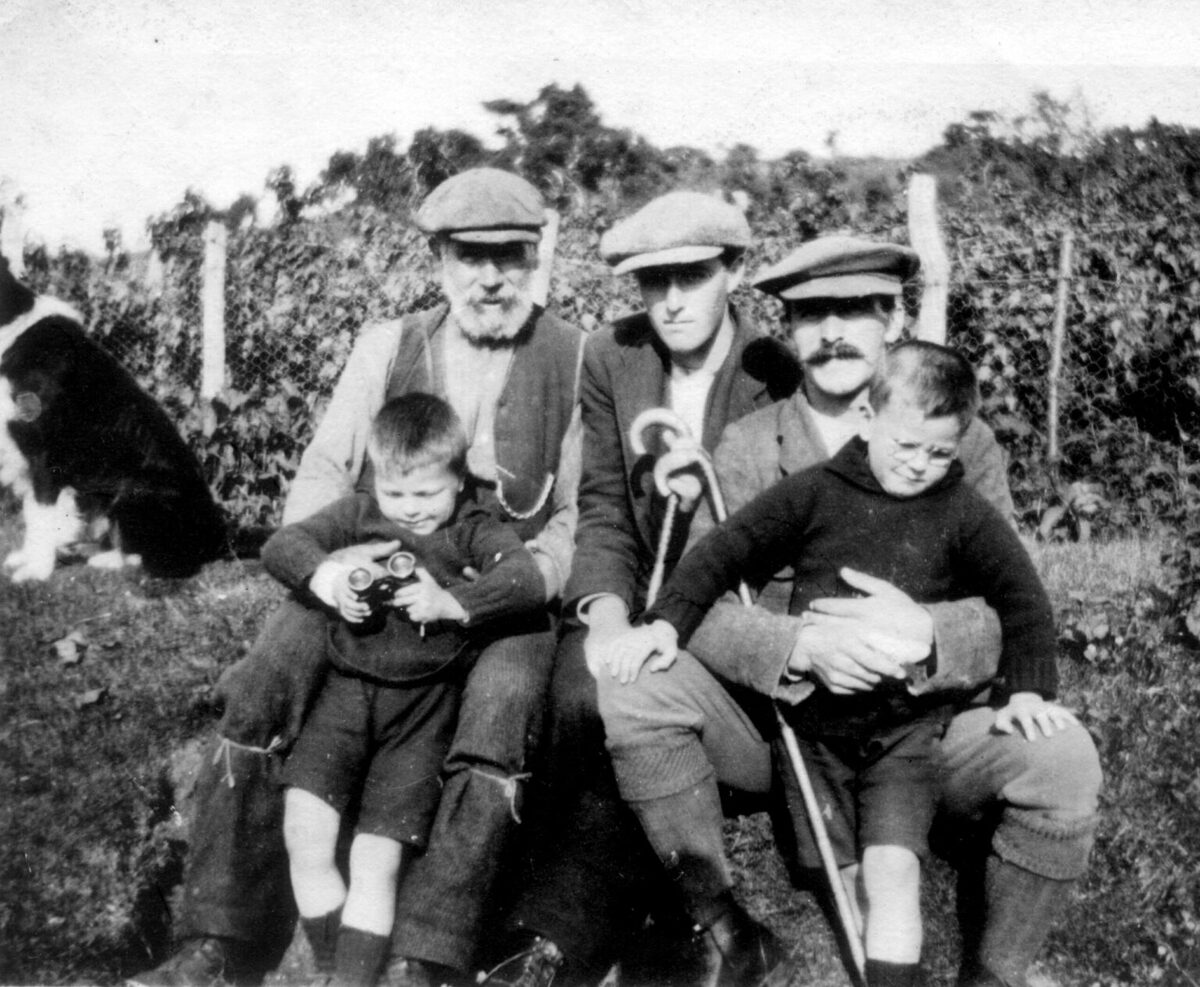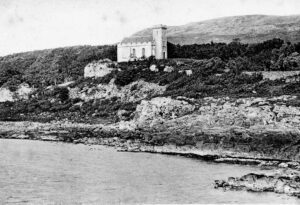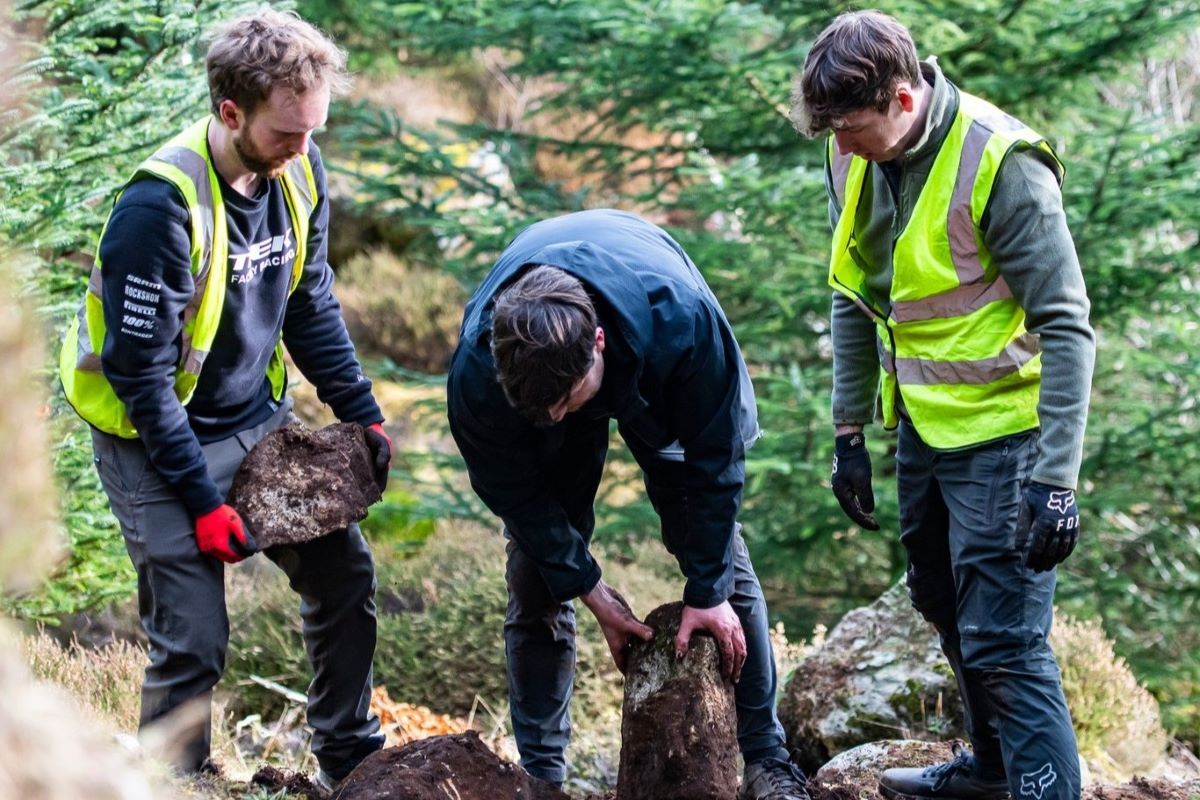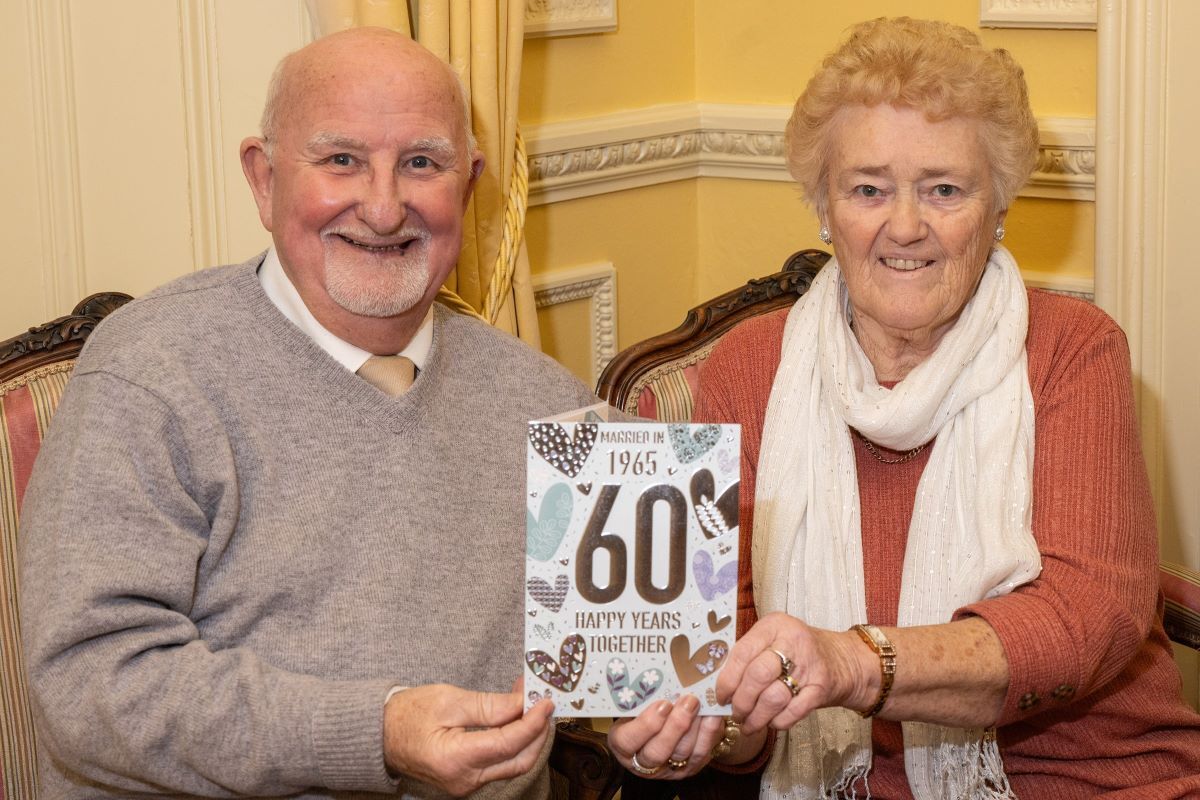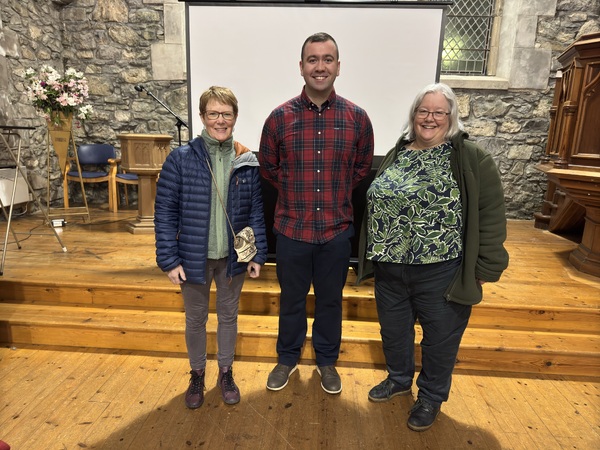Morvern Lines – 14.9.23 - West Highlands and whisky galore
The West Highlands and Islands used to be well-known for illegal whisky making.
At one time there were dozens of small stills in every parish.
Landowners and factors tended to turn a blind eye as often it was the only means of paying rents. Morvern was especially famous.
One of the last of these illicit ‘shebeens’ was in an oak wood on the south shores of Loch Sunart near Laudale.
The distiller, Paul Graham, was nearly caught in the 1850s when a boatful of excise men, making their way up the loch from Tobermory to inspect the lead miners’ camp at Strontian, saw smoke rising from the wood – heat being an essential component in its manufacture – they went to investigate.
Before they landed, Paul managed to hide the ‘poit dubh’ – the black pot, and its contents and escaped into the hills. Following this raid, he shifted his operations to a cave in the Black Rock between Laudale and Liddesdale, where the tell-tale smoke was obscured by a cliff.
The late John Graham, a grandson of Paul Graham, told me he had once sampled his grandfather’s whisky and described it as, “Fire in your throat and Hell let loose in your belly”.
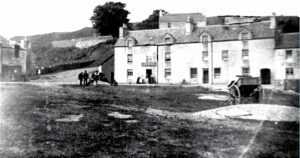
Not all stills in the area were unlawful.
The York Building Company and the Morvern Mining Company, which worked the Strontian and Lurig lead mines in the Black Glen during the 18th and 19th centuries, were permitted to have small distilleries at Strontian and Liddesdale for their employees.
Eventually, though, they were forced to close them down because of the insobriety they caused and the subsequent injuries, loss of production and sometimes life.
It was not only the labourers who enjoyed a dram – the local clergy took their fair share. In June 1733, the Reverend Archibald Campbell, the Church of Scotland minister of Morvern, was reported to Presbytery for drinking, swearing, squabbling, neglecting his ministerial duties and threatening to fight with a sword.
These allegations could not be ignored and on August 15, 1733, Campbell was tried by the Presbytery at Kiel, Lochaline. Witnesses stated that one day he had been drinking in the inn at Knock from 8am until 6pm and that when the party dispersed Campbell was seen to stagger back to the manse. When he arrived home, he asked his wife for his supper.
She replied she was in no great hurry to give him any because he had obviously eaten elsewhere. At which, it was said by one of the witnesses, he kicked her several times. Campbell was given an opportunity to repent. He refused and sometime later he was found guilty and suspended for a year.
Later it was the Roman Catholic priest at Drimnin who came under the spotlight.
The estate factor, writing in the 1830s to Sir Charles Gordon, the laird of Drimnin, reported: “With regard to the priest being thirsty, although he wishes to get a little spirits several times a day he does not exceed. He has not been the worse of drink since he came to this country to my knowledge.
He wishes to get a small drop in the morning, a glass in the middle of the day, two tumblers after dinner and a tumbler going to bed, and he is not willing to take more shall it be offered him.”
This was enough for Sir Charles to have the priest moved on, although unfortunately he was not aware until it was too late that his factor coveted the priest’s house and croft and wanted him out!
Dr John Maclachlan of Rahoy, a brilliant physician and Gaelic bard, like many others in his profession then, and not so very long ago, was no abstainer and died an alcoholic at Tobermory in May 1874. During his lifetime Maclachlan recognised his own failings, and by way of a warning to others, composed a fine Gaelic song, Di-Moladh an Uisge, miscalling whisky.
A translation of the first verse runs: "My eyesight you slurred it, my clothing are lost to me, just fit for a corner in the poorhouse am I; Oh how can I walk there as nothing will do me, as I am so cranky just over the dram”.
I was once invited to come up with a brand name for a new whisky being produced by a local distillery. I suggested Satan’s Chloroform but it was not accepted. Pity, as I thought it different, catchy and likely to sell!
The Rev John Macleod, minister of Morvern in 1843, recorded that there were three good inns at Strontian, Arisaig and Glenfinnan, and a further four of inferior description.
Of these he wrote: “The best that can be said is that they are necessary evils.”
In 1913, the last of the old Morvern inns, the Cameron Arms Hotel, standing near the site of the Lochaline Social Club, was demolished by Gerard Craig Sellar of Ardtornish, because, according to the factor, his men were arriving for their work in the morning in an intoxicated state.
For the next 50 or so years Morvern became “dry” for the first time in 500 years.
Latest News
JOBS
Business Development Manager - Highland Broadband
Sign up to our daily Newsletter
Permission Statement
Yes! I would like to be sent emails from West Coast Today
I understand that my personal information will not be shared with any third parties, and will only be used to provide me with useful targeted articles as indicated.
I'm also aware that I can un-subscribe at any point either from each email notification or on My Account screen.
You may also like
Latest News
JOBS
Business Development Manager - Highland Broadband

